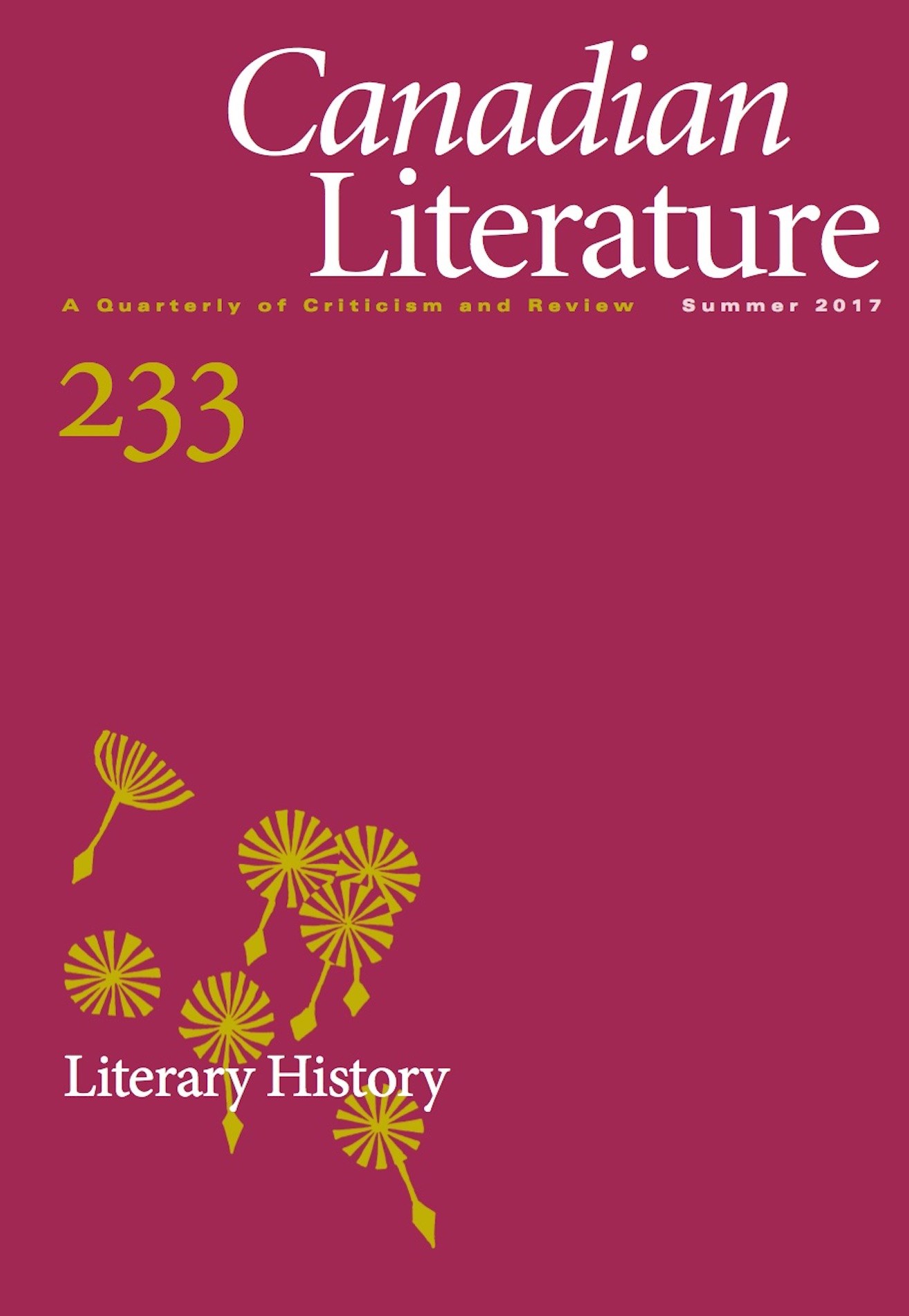Humour, Intersubjectivity, and Indigenous Female Intellectual Tradition in Anahareo’s Devil In Deerskins
DOI:
https://doi.org/10.14288/cl.v0i233.188804Abstract
Since its initial publication in 1972, Anahareo’s autobiography, Devil in Deerskins, has often been read as reinforcing the conventions of Canadian romantic nationalism and stereotypes of Indigenous women. However, reading the 2014 First Voices reissue of the text alongside autobiographical theory, the history of Indigenous women's publications in Canada, and the depiction of Anahareo in other works about herself and Grey Owl, suggests that in her descriptions of her younger self, Anahareo deliberately uses humour to engage with and refute the dominant literary depictions of Indigenous women and, in the process, models an Indigenous female intellectual tradition of autobiographical self-representation.


